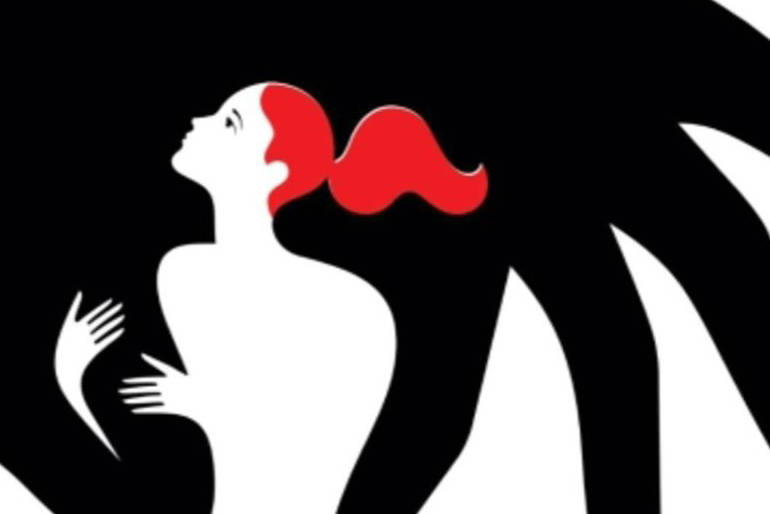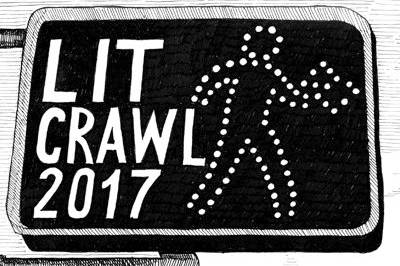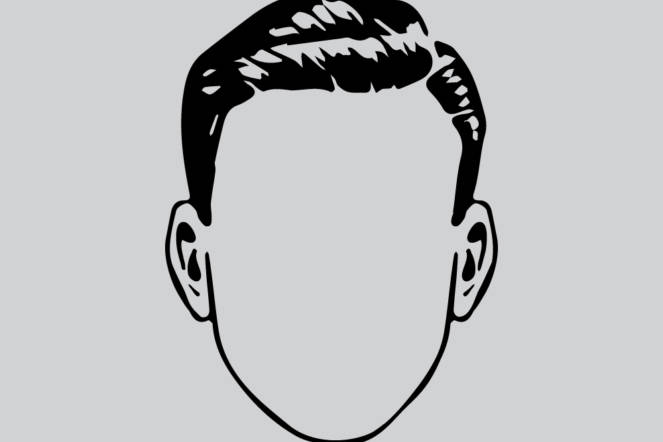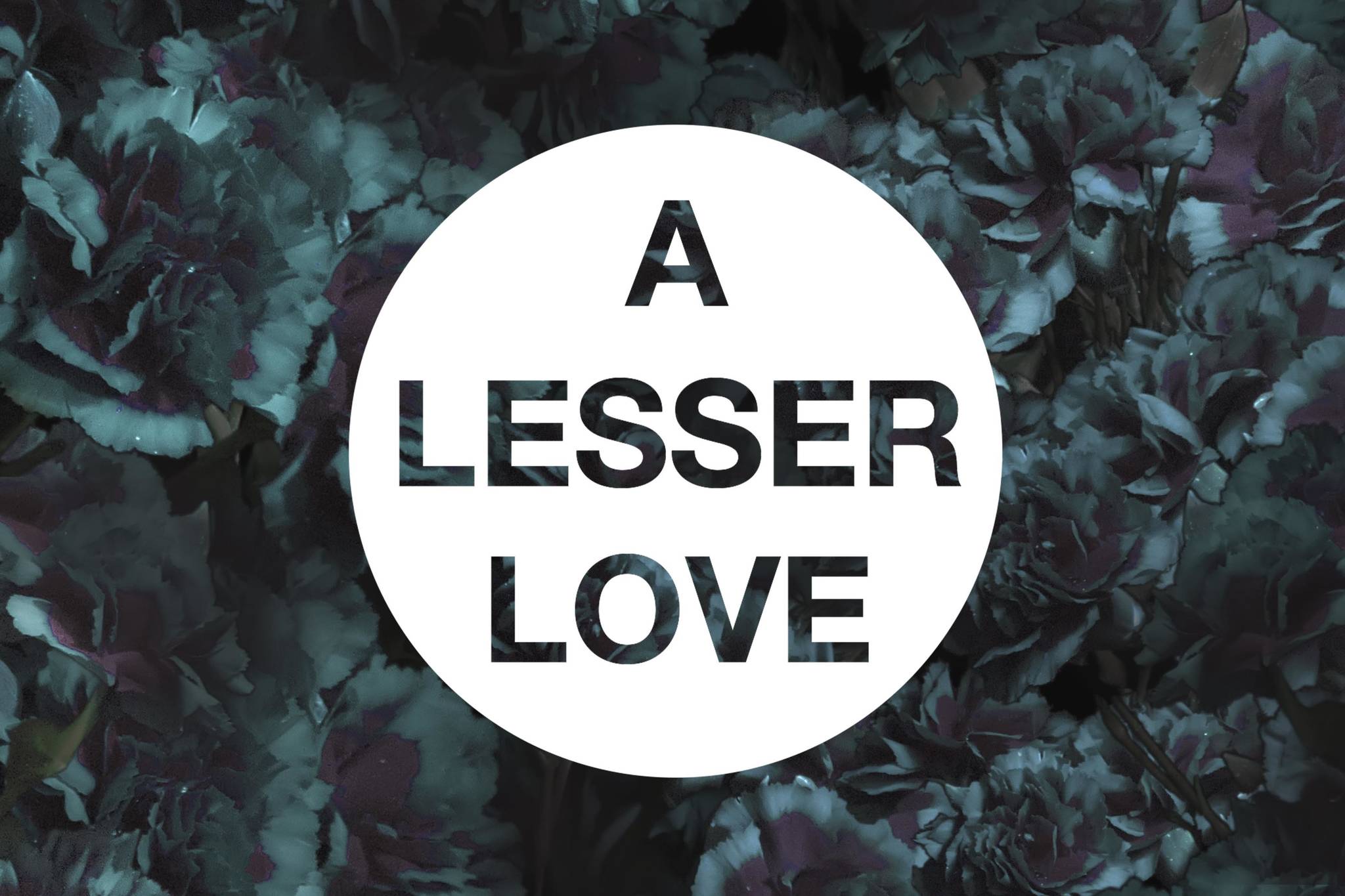We’ve all got those notebook pages crammed full of bad poetry skulking somewhere around in our pasts, don’t we? I know I tried to communicate the wretched angst and hormonal discomfort of my teen years in poetry. I filled page after page of three-hole-punched notebook paper with awful, unrhymed poems in a desperate attempt to communicate the hell of my perfectly safe and privileged adolescence to the world. Thankfully, I destroyed all those papers many years ago, but sometimes I can still summon a line to mind, and it invariably makes me cringe.
The ubiquity of those bad poems—the fact that everyone, including those who’d never picked up a book of poetry in their lives, writes poetry in their youth—leads me to conclude that bad poetry must serve some higher biological function. Maybe there’s something to the teenage years that can be communicated only through poetry. Perhaps those skinny columns bedecked with too many adjectives and heavy from way too much emotion are the best way to share the intensity of adolescence. Maybe complete sentences and rigorous formatting aren’t the right tool for the job.
Ravenna author Lily Myers understands that poetry is the right medium for talking about teenage years. Her new young-adult novel, This Impossible Light, is written entirely in verse. And it’s not even one book-length narrative; it’s broken up into a series of small poems, many just one page each. The atmosphere is like stumbling across some teenager’s secret journal, the hidden volume where she keeps all her dankest poetry, then reading it from front to back. The narrative, plain and clear, reads more like a diary than a collection of poetry.
Read the rest of this review in Seattle Weekly’s print edition or online here at Seattle Review of Books. Paul Constant is co-founder of The Seattle Review of Books. Read books coverage at seattlereviewofbooks.com.








